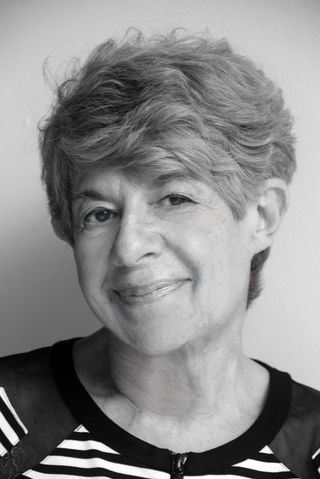Unconventional Wisdom: A Career Quandary Cuts Deep
It's difficult to make a choice when everything is a possibility.
By Hara Estroff Marano published March 2, 2018 - last reviewed on April 30, 2018
This edition, advice columnist Hara Estroff Marano enters into a multipart exchange with Samantha (not her real name). The conversation is condensed below.
Samantha: I am seeking to start a new career. I didn't love my previous one and have happily been a stay-at-home mom. By the time I'm ready to focus on a career again, I will be in my early 40s. In the past, I consulted with a career coach, took assessments, talked to people in different fields, and more. Maybe I'm looking for a magic formula to get to the next place. I'm ready to put the work in once I commit—but how do I find what I want to commit to when midlife offers less time to explore and make mistakes? I have pondered real estate, photography, being a doula or midwife, writing, creating a product, starting a business, or possibly exploring a corporate career at a company I share values with—all very different directions.

HARA ESTROFF MARANO askhara@psychologytoday.com
HEM: Yes, it's difficult to make a choice when everything is a possibility. Put another way, it's pointless to try to envision what a new career may look like when you can't identify your own interests in a lineup. What to commit to?
It's good that time pressure is moving you forward, but it's important to use it the right way—not to rush you into the future blindly alighting on a choice, but to ponder the present and perhaps even the past. Before you can tackle the future, it may be helpful to ask yourself how you got this far without having a sense of your own interests. Why is everything still a possibility? What is keeping you from knowing what your interests are?
Finding even the "right" job is always a negotiation between what a person wants and what the market offers. People make compromises all along that spectrum. Your role in this negotiation is to know what you like to do, develop the skills that allow you to do it with professional proficiency, and gain a sense of which jobs and which fields make use of those skills.
Real estate? Photography? Some job—any job?— at a company whose values you're in sync with? Think through your choices. It is unwise to expect to be pulled along by market magic rather than propelled by your own interests and abilities.
Try a little exercise that removes the time pressure. Pretend that you are 18 right now. What are the activities that bring you pleasure? What don't you dare let yourself think about?
Samantha: You asked about being 18 and my mind went blank. I realize that there is a block keeping me from knowing what I like. Growing up, I was often discouraged from thinking about anything that excited me or any ideas I had. For example, I had so many books as a child that I decided to create my own library for my friends. I was told it was a bad idea, people wouldn't return the books, it's too much work. Discouragement occurred daily. I see now why I have such a hard time. How do I get back in touch with the part of myself that I can't recognize right now?
HEM: You learned early—and well—that it is dangerous to have interests: They only get dashed. Herein lies one of the everyday tragedies of life—parents trying to protect a child from disappointment but actually disabling a basic life-navigation system. Having ideas for yourself was not a way to survive in your home. But what keeps us alive in the weird little tribes we all grow up in is not necessarily helpful in the wider world—that is, what got you to adulthood may not help get you through it. It's safe to come out of hiding now.
Your career quandary turns out not to be about a job; it's about reestablishing the freedom to have your own ideas about what you want to do. It's going to feel strange for a while. But congratulations, you have freed up your psyche for forward movement.
